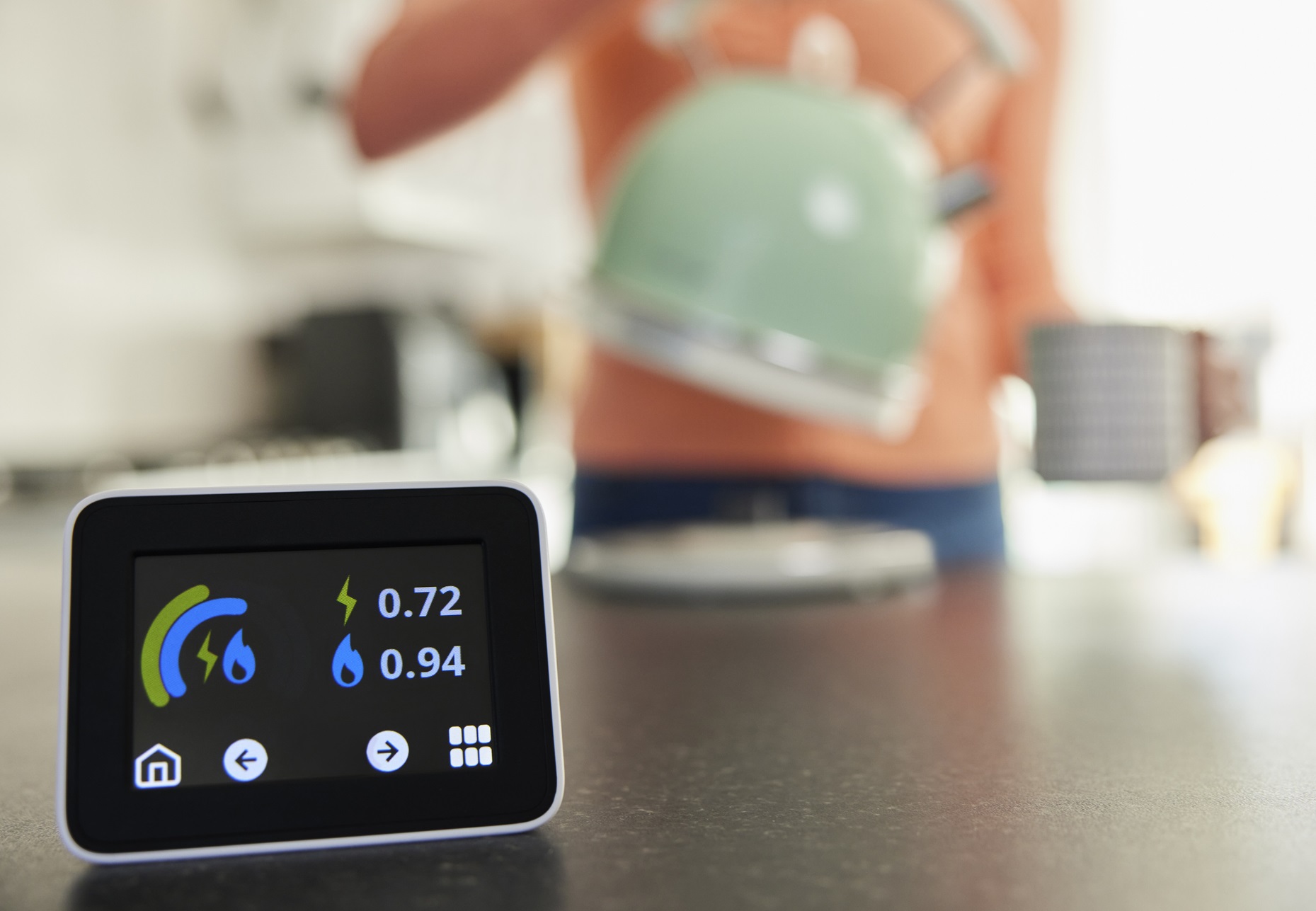With over 24 million smart meters on the DCC’s secure nationwide network, energy suppliers have access to more consumption data than ever before, which allows them to be more efficient and make better use of renewable energy. Meeting the nation’s net zero carbon emissions target by 2050 is ambitious, and as an industry we are at a turning point in terms of what more can be achieved by working closer together. With UK energy consumption going up by 4% in the past year, and the electricity grid often working at capacity, we need to look at shifting consumer behaviour and unlocking efficiencies to address increases, particularly in offsetting peak demand.
The market-wide half-hourly settlement (MHHS) programme, lead by Elexon as the Senior Responsible Owner, gives us a real opportunity to deliver a greener, more flexible energy system by making available half-hourly data, for settlement purposes. Understanding this data will facilitate the introduction of new energy tariffs and incentives to encourage off-peak energy consumption. Flattening the demand profile across the grid will reduce our dependency on fossil fuels, in order to meet these demand spikes.
DCC hosted an in-person event on 31 January, to discuss the critical role the DCC plays within the MHHS process - watch our highlights video from the day here.
Over 80 energy suppliers, DNOs and service providers attended the event to discuss the operational implications and dependencies of smart meter services, the new user role for meter data retrieval (MDR), along with the impact on Central Switching Services.
Jenny Boothe, Head of MHHS at Ofgem introduced the morning session, saying: “We can’t underestimate the importance of this programme. It’s a seismic shift in the market, driving us towards net zero and underpinning future innovation.” Jenny made a plea to the audience to engage with DCC and the programme team so that we can work together to realise the benefits to consumers. Cross-functional engagement was one of the key themes of the event, echoed by many of the speakers, and recognised as crucial to the overall successful delivery of MHHS.
DCC were joined by industry experts from various organisations including Elexon and their MHHS programme team, OVO Energy, Association of Independent Meter and Data Agents (AIMDA) and the Retail Energy Management Company (RECCo).
Chris Butterfield and Emslie Law of OVO shared the supplier point of view, identifying some of DCC’s biggest challenges. The largest being the introduction of the new MDR user role (the first new DCC user role for eight years) and the increase in data traffic across the DCC network. They said: “The MHHS programme is highly complex and there are risks involved, but we are very supportive of the programme as it will bring massive customer and industry benefits and drive us towards net zero.”
I was really interested to hear Paul Akrill and James Murphy from AIMDA speak about the new MDR user role: "The new MDR role is integral to MHHS and will enable independent service providers to support energy suppliers, enabling a quick transition to market-wide half-hourly settlement.” They also welcomed the fact that this new role would ease entry to the market for new energy suppliers, allowing them the flexibility to make choices about who interacts with their customers’ data.
The afternoon was focussed on testing, transition and the impact on the central switching service. A key theme that emerged throughout was the need for honest and open dialogue across interested parties, to ensure that the end-to-end solution is delivered in the best possible way, delivering innovation that underpins the benefits to households.
It was great to be back in the room with so many energy sector colleagues and partners, and there were plenty of interesting, and sometimes challenging, panel discussions during the day. I look forward to reviewing all the questions from the day and working with existing and new customers and service providers on the next steps. As Gary Glennard, DCC's Chief Service Delivery Officer said in his closing message, "Integration is key. Testing is key. Engagement is key. We all have our own challenges, but only by working together can we successfully deliver this complex programme and realise the full benefits for the consumer and ultimately, the planet."

Charlotte Semp
Delivery Director
Further reading





